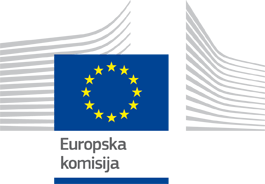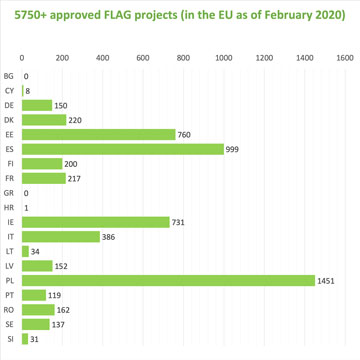
FARNET
Fisheries Areas Network

 With the second generation of FLAGs now up and running, there is a growing number of project examples from the past and the present which can inspire other actions aimed at developing fisheries and aquaculture areas around Europe, be it through economic, environmental or social support and investment.
With the second generation of FLAGs now up and running, there is a growing number of project examples from the past and the present which can inspire other actions aimed at developing fisheries and aquaculture areas around Europe, be it through economic, environmental or social support and investment.